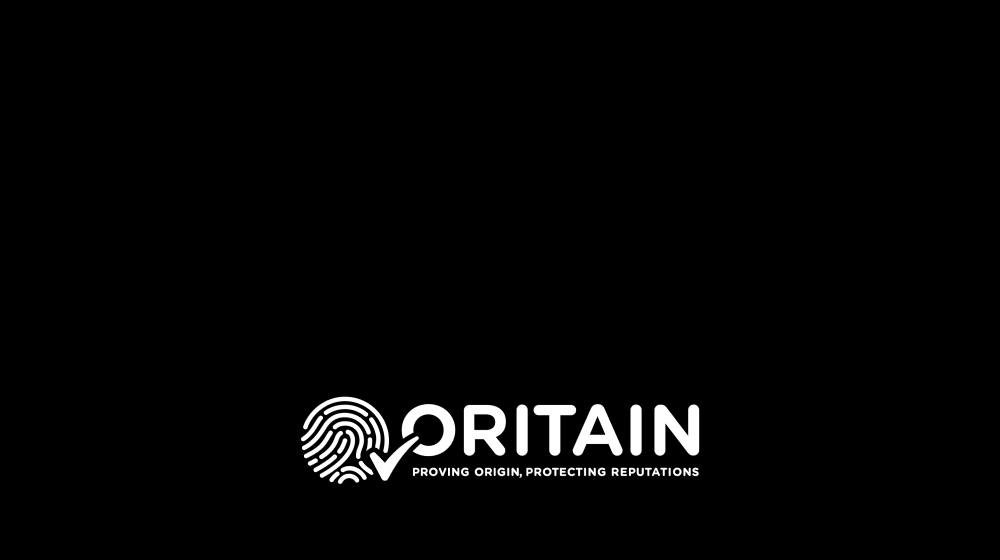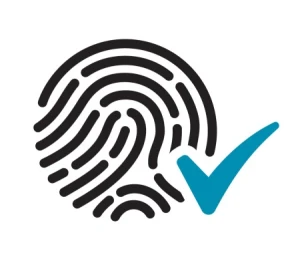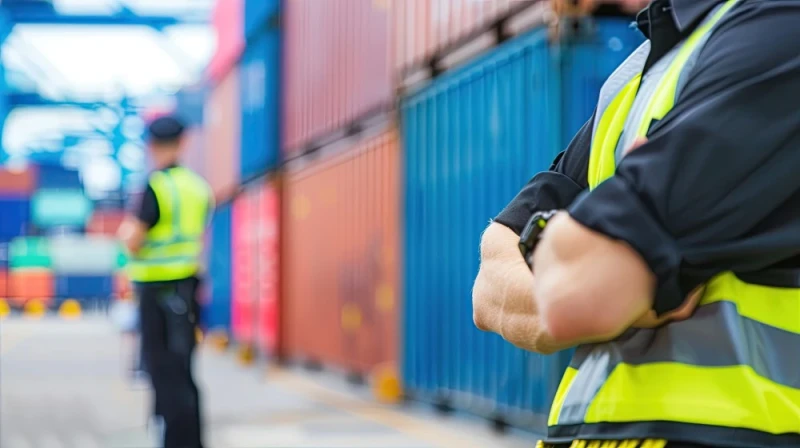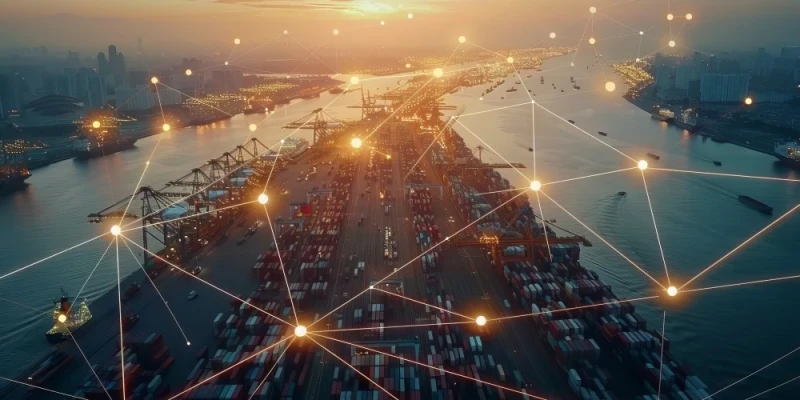2023 Year in Review: Regulation, Sustainability and Expansion
By Oritain Team | 11 December 2023
minutes to read.
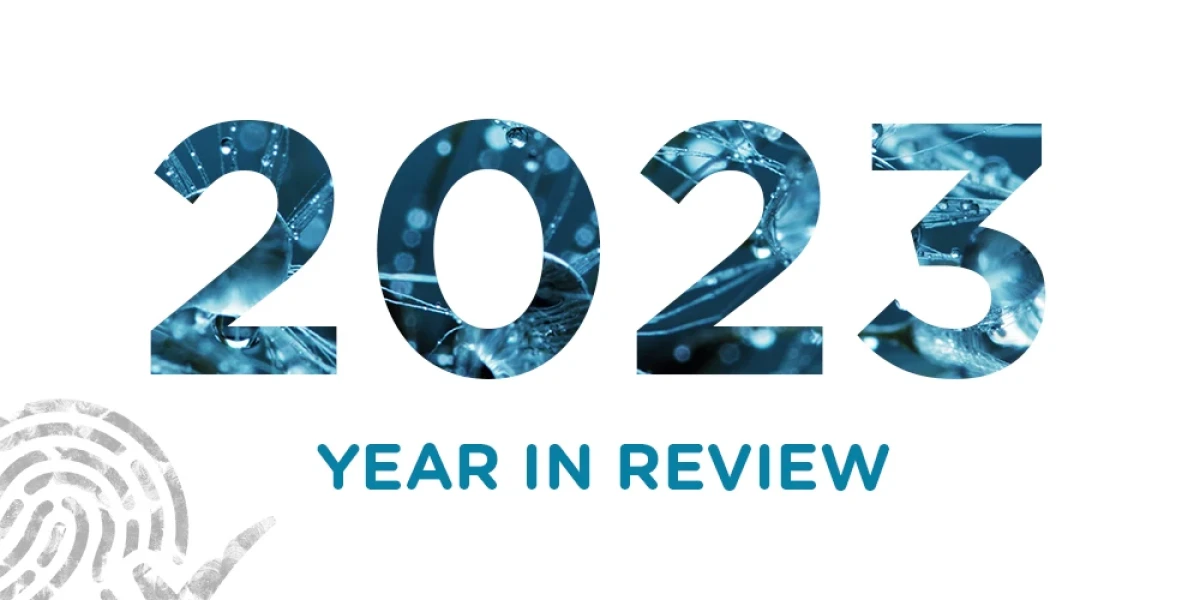
From global unrest and climate catastrophes to sporting showcases and the explosive growth of AI, 2023 has been an eventful year.
As consumers tackled the impact of inflation and cost of living increases on household budgets, organizations addressed the strategic and operational changes necessary to remain successful in increasingly competitive and regulated markets.
Legislative changes forced cotton, fashion, and textiles brands to reevaluate the way they conduct business, but other industries also found their operations redefined in the light of sustainability and ESG requirements.
For Oritain, the year has brought significant growth and the ability to provide an expanded traceability solution to clients worldwide.
As the year draws to a close, we look back at 2023 to reflect on the big events that have shaped the market and defined Oritain. This is our 2023 year in review, including expert commentary from strategic advisor Ana Hinojosa.
1. UFLPA tightens requirements for fashion brands
The Uyghur Forced Labor Prevention Act (UFLPA) continued to cast a long shadow over the fashion industry, among other sectors, in 2023. Closer scrutiny of supply chains and stiff penalties for noncompliance forced businesses to ensure their products weren’t sourced from regions known to employ forced labor practices.
As of October 2023, US Customs and Border Protection (CBP) has detained 6,045 shipments across all industries, worth $2.096 billion. Over 57% of detained apparel shipments have been denied, representing $13.2 million in products, and another 14% (worth $4.8 million) are still pending decision.
Ana Hinojosa commented on the impact the legislation has had. “The fashion industry has woken up. They know they're under the microscope and so are focused on making sure that they comply. They’re looking to protect their bottom line by ensuring that their shipments don't get detained, because in the fashion industry products are very seasonal, so if you lose 30 days or 60 days of a particular fashion line, you’ve effectively lost the season. There are some really significant economic consequences to having a shipment detained.”
Oritain’s market insights data suggests that the legislation is having an immediate impact, with an identifiable trend towards sourcing diversification, especially at the manufacturing country level, indicating brands are reassessing whether their current sourcing strategy is exposing them to higher levels of risk.
However, despite these changes, data indicates forced labor cotton is still entering cotton supply chains and the impact of the UFLPA on forced labor compliance is certain to increase in 2024.
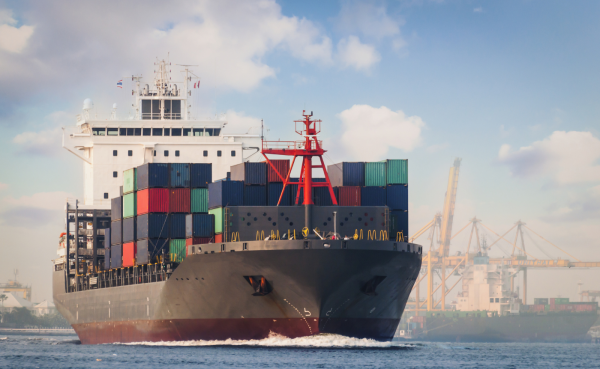
2. New legislation increases onus on businesses
New or emerging regulations also dominated agendas for government and business in the US, EU and abroad in 2023. But reports released this year reflect an uneven adoption of the changes imposed by regulatory requirements.
“There are emerging regulations around the world that business is having to take much more seriously than perhaps they did in the past,” believes Ms Hinojosa. “We’re seeing governments being much more formal about codifying the expectations of business to demonstrate that they’re not just writing a sentence in their financial report, but actually demonstrating through documented actions that they're proactively taking ethical steps in their business practices.”
Among this new legislation is the Corporate Sustainability Reporting Directive (CSRD), set to be introduced by the European Union as early as January 2024. This requires all large companies to disclose the impact of their activities on people and the planet, plus any sustainability risks they are exposed to. Initially affecting only EU companies, the directive is expected to be extended to non-EU companies with more than 150 million euro in annual sales revenue by 2025.

However, 77% of ESG leaders have not yet started preparations to meet these requirements, according to a study of 200 ESG leaders and compliance managers. The top area of concern among respondents was around reporting on supply chain information.
More positive progress has been evidenced in the EU, where since the European Commission introduced the Corporate Sustainability Due Diligence Directive (CSDDD) to address human rights and environmental concerns last year, several member states of the EU have already enacted supply chain legislation due diligence or have such plans in motion.
Regulation will remain a hot topic in 2024, with legislations such as the Fashion Sustainability and Social Accountability Act, or the New York Fashion Act, set to affect all fashion brands, manufacturers and retailers conducting business in ‘the Big Apple’.
3. Sustainability and deforestation gain momentum
A global awakening to the need for climate protection has seen ESG and sustainability become a strategic priority for businesses in 2023.
Foremost on the agenda is the issue of deforestation, both in EU markets and abroad, where progress is falling behind set goals. In the past two decades, the world has experienced a net loss of more than 100 million hectares of forest, according to the Forest Declaration Assessment.
Alarmingly, the rate of deforestation in some countries increased during 2022. Of the roughly 2 million tons of cocoa produced per year by the Ivory Coast, the world’s top cocoa producer, 20-30% is grown illegally in protected forests.

2023 saw measures introduced to help prevent the trade in commodities linked to deforestation. The EU Deforestation Regulation (EUDR) came into force, aiming to reduce deforestation and promote the consumption of “deforestation-free” products.
Ana Hinojosa endorsed this, saying, “I really think that deforestation compliance is now going to be gaining a lot of ground. The formalization of regulations in major markets like the EU, the UK, and elsewhere will drive significant change both in those countries and in the trading partners of those countries.”
There are positive indicators that such measures are having some effect. A McKinsey analysis of Fortune Global 500 companies showed nearly 40% have acknowledged actions to decrease forest and seabed loss.
Pressure is likely to grow on government and business to act faster on this critical issue as we enter 2024, with leading UK supermarkets urging the government to accelerate legislation that will force companies to ensure they are operating with deforestation-free supply chains.
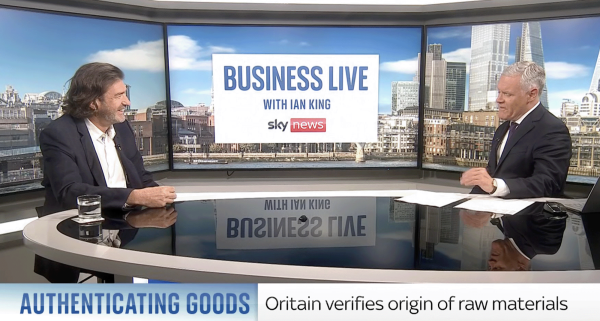
4. Investment funds growth in Oritain
Oritain’s ability to deliver market-leading scientific traceability technology was given a significant boost with the $57 million investment by Highland Europe in July.
With product fraud and counterfeiting costing the global economy over $500 billion annually, the investment ensures Oritain can continue to develop forensic science solutions to help brands monitor and adapt their supply chain to safeguard and improve transparency and reputation.
Of the investment, Grant Cochrane, Global CEO at Oritain, said, “Over the past 15 years, Oritain has pioneered groundbreaking forensic and data science to become the world’s most trusted verification partner to leading global brands and institutions, providing them with the insights they need to make the critical decisions on their supply chains. We’re delighted to announce this new funding round, led by Highland Europe, to support our expansion plans as we reach new markets and industries.”
The investment sets Oritain up well heading into 2024 to fulfil its mission of building a world-class business that evolves for decades to come and helps create tangible change in the world.
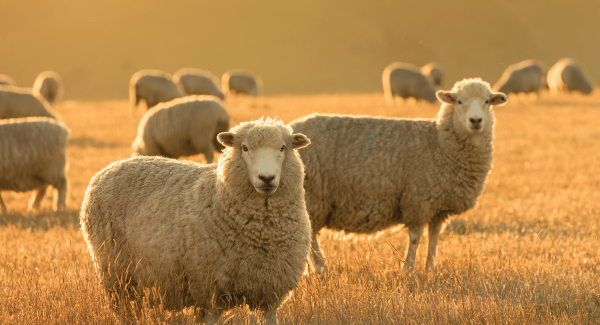
5. Traceability prioritized in global wool industry
While cotton continues to dominate the fashion industry for traceability, 2023 has been notable for the growth of traceability in the wool sector, with Oritain securing partnerships with businesses across South Africa, South America, and New Zealand.
The ground-breaking partnership with Cape Wools, the official industry representative organization of the South African Wool Industry, will establish a database that will enable South African wool to be verified anywhere in the world, at any point in the supply chain. Announced in August, this relationship is set to raise the visibility of South African wool worldwide and protect the livelihoods of farmers and producers for years to come.
In South America, the partnership with the Uruguayan Wool Association (Secretariado Uruguayo de la Lana) announced in June will enhance the country’s reputation as an ethical exporter of quality wool. Supported by Oritain’s traceability solutions, the Association seeks to protect the country’s primary export into the future.
In Oritain’s home country of New Zealand, the value of the company’s services was underlined by the extended partnership with Kiwi wool brand Joma Wool.
The key events of 2023 will have impacts reaching far beyond next year. The organizations that are aware of and prepared for them will be those best placed to survive and thrive in 2024.
To learn more about how Oritain is helping organizations protect their supply chains and improve their sustainability performance, contact us to speak with one of our team.
Disclaimer: The information provided in this document does not and is not intended to constitute legal advice. Instead, all information presented here is for general informational purposes only. Counsel should be consulted with respect to any particular legal situation.
